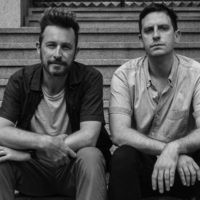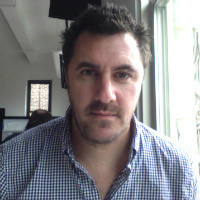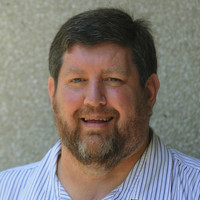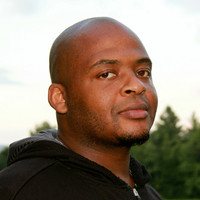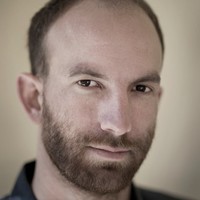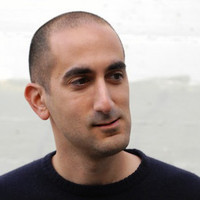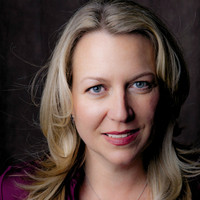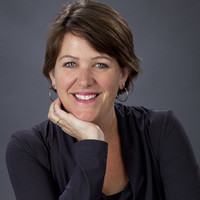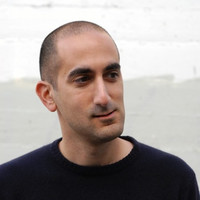Baynard Woods and Brandon Soderberg are the co-authors of the new book I Got A Monster: The Rise and Fall of America's Most Corrupt Police Squad.
“We really wanted to create some kind of leftist, anti-racist true crime story that we really haven’t seen. The conventions of the thriller often smuggle in all of this really right-wing, pro-police propaganda that all of our cops were raised on—the story of cops having to crash cars and break rules in order to get the bad guys. We wanted to take that and subvert it, using its methods to blow it up from the inside while also being rigorously reported.”
Thanks to Mailchimp and The Jordan Harbinger Show for sponsoring this week's episode.
